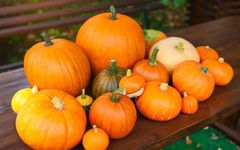Since ancient times, there have been many affordable and delicious vegetarian foods for blood nourishment and beauty that we can choose to eat. Today, we have selected 20 vegetarian foods with excellent blood-nourishing effects. Remember to eat them often! 1. Pumpkin 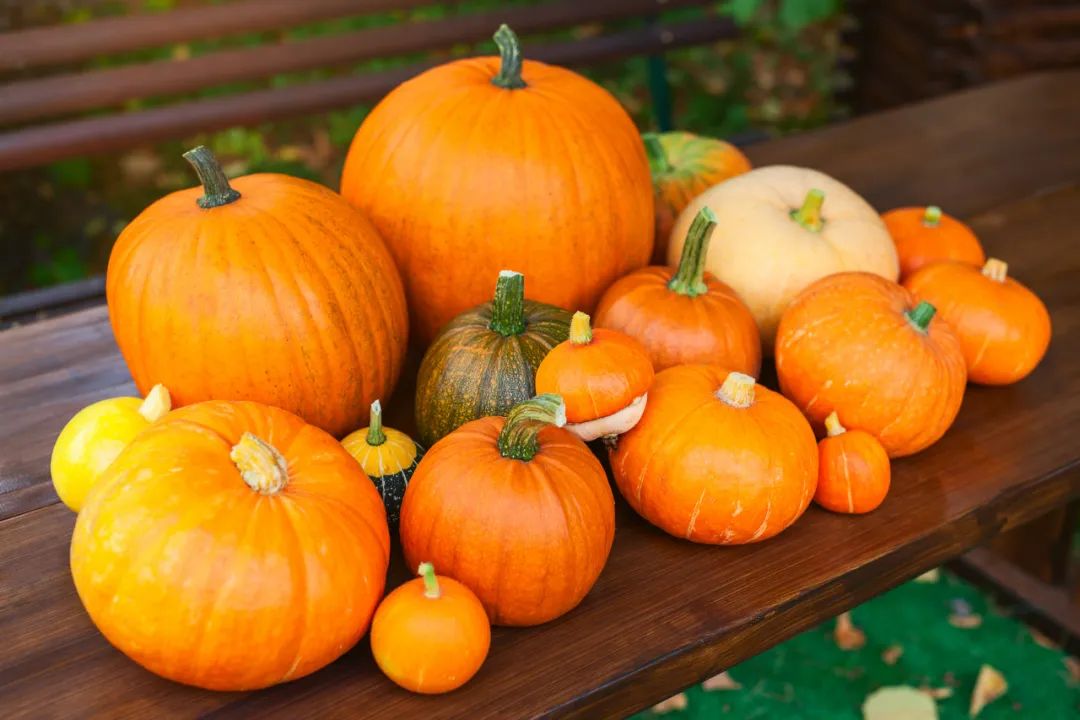 Pumpkin contains protein, carotene, vitamins, eight essential amino acids, calcium, zinc, iron, phosphorus, and other components. Recently, it has been found that pumpkin also contains cobalt and zinc; cobalt is an important component of red blood cells in the blood; zinc directly affects the function of mature red blood cells; iron is a basic trace element for the production of hemoglobin, all of which are good materials for blood nourishment. Therefore, the famous physician of the Qing Dynasty, Chen Xiuyuan, praised that “pumpkin is a wonderful product for blood nourishment.” 2. Amaranth
Pumpkin contains protein, carotene, vitamins, eight essential amino acids, calcium, zinc, iron, phosphorus, and other components. Recently, it has been found that pumpkin also contains cobalt and zinc; cobalt is an important component of red blood cells in the blood; zinc directly affects the function of mature red blood cells; iron is a basic trace element for the production of hemoglobin, all of which are good materials for blood nourishment. Therefore, the famous physician of the Qing Dynasty, Chen Xiuyuan, praised that “pumpkin is a wonderful product for blood nourishment.” 2. Amaranth 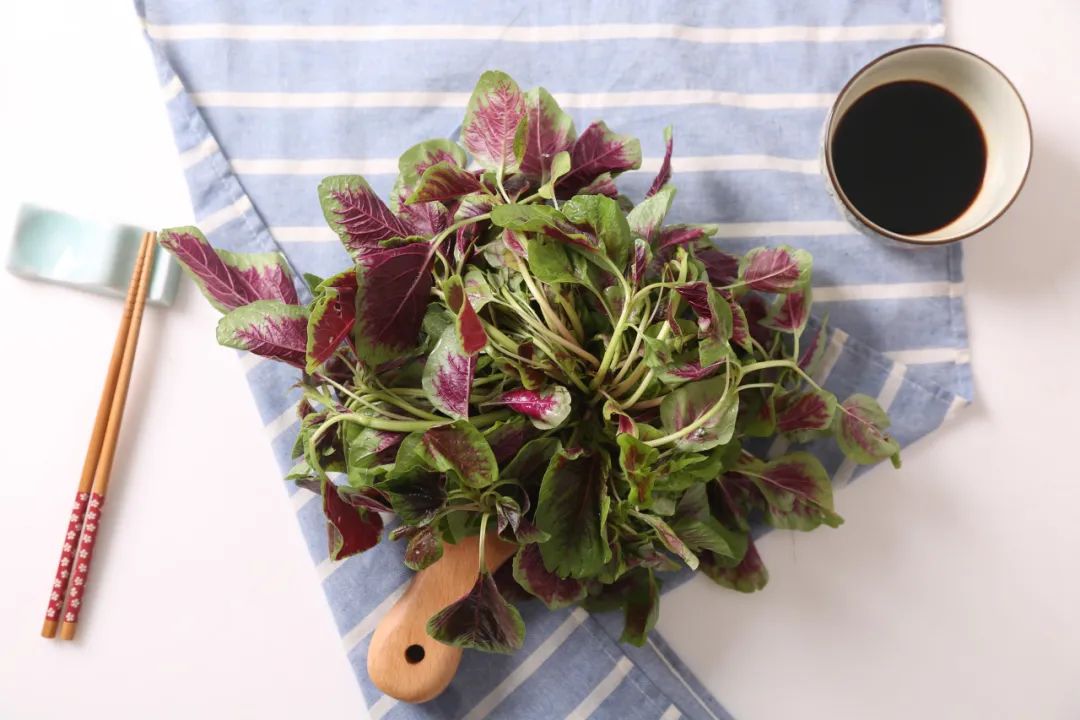 Amaranth is one of the top blood-nourishing vegetables. Amaranth comes in red and green varieties, both of which have high iron content (approximately 12mg per 100g for red amaranth and about 4.9mg for green amaranth). Amaranth also has the effects of clearing heat and detoxifying, as well as eliminating dampness and relieving constipation. 3. Spinach
Amaranth is one of the top blood-nourishing vegetables. Amaranth comes in red and green varieties, both of which have high iron content (approximately 12mg per 100g for red amaranth and about 4.9mg for green amaranth). Amaranth also has the effects of clearing heat and detoxifying, as well as eliminating dampness and relieving constipation. 3. Spinach 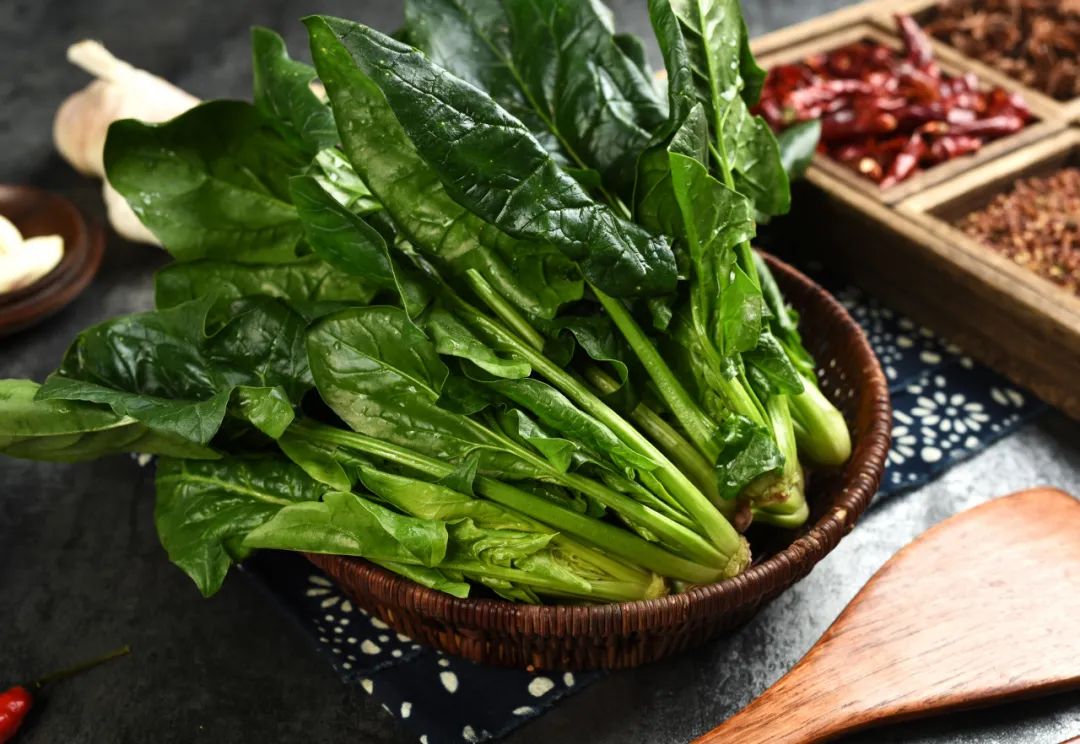 Spinach is the most common vegetable and is a well-known blood-nourishing food. Spinach is rich in iron, carotene, and folic acid, with a folic acid content of up to 50mg per 100g, ranking first among vegetables. However, spinach also contains a high amount of oxalic acid, which can interfere with the absorption of trace elements like iron and zinc in the body. The way to eliminate this drawback is to blanch spinach in boiling water, which can remove most of the oxalic acid, making it safe to eat. 4. Daylily
Spinach is the most common vegetable and is a well-known blood-nourishing food. Spinach is rich in iron, carotene, and folic acid, with a folic acid content of up to 50mg per 100g, ranking first among vegetables. However, spinach also contains a high amount of oxalic acid, which can interfere with the absorption of trace elements like iron and zinc in the body. The way to eliminate this drawback is to blanch spinach in boiling water, which can remove most of the oxalic acid, making it safe to eat. 4. Daylily 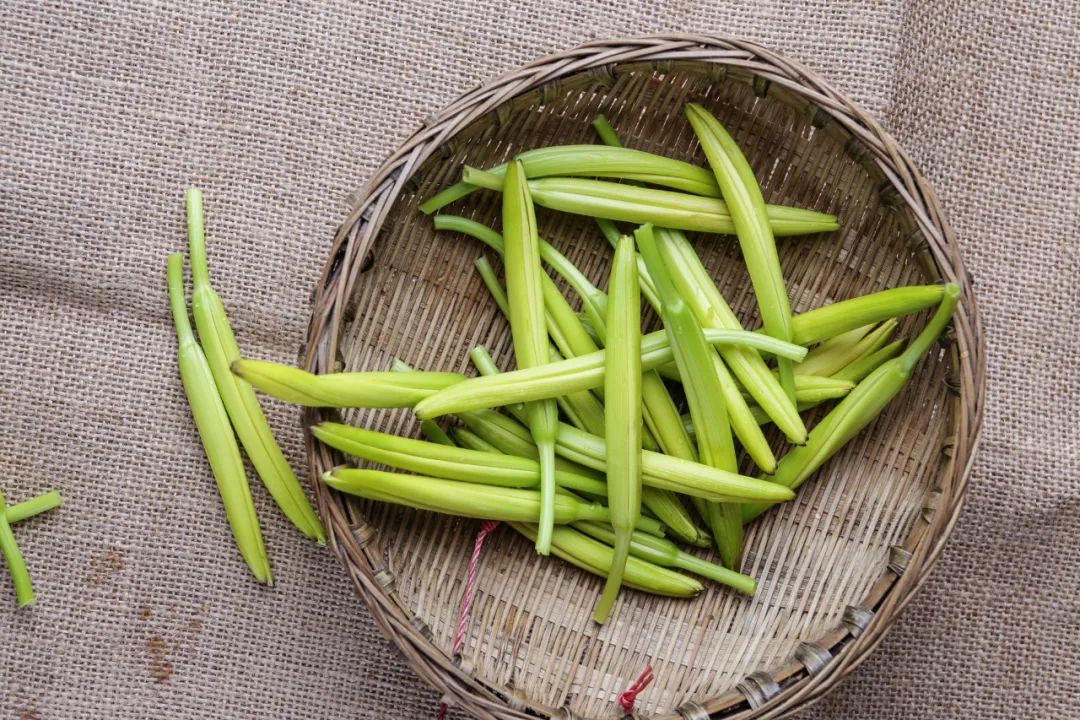 Daylily has the highest iron content, twenty times more than the familiar spinach, and is rich in iron, as well as vitamins A, B1, C, protein, fat, and colchicine, and has diuretic and stomach-strengthening effects, making it an excellent blood-nourishing food. 5. Carrot
Daylily has the highest iron content, twenty times more than the familiar spinach, and is rich in iron, as well as vitamins A, B1, C, protein, fat, and colchicine, and has diuretic and stomach-strengthening effects, making it an excellent blood-nourishing food. 5. Carrot 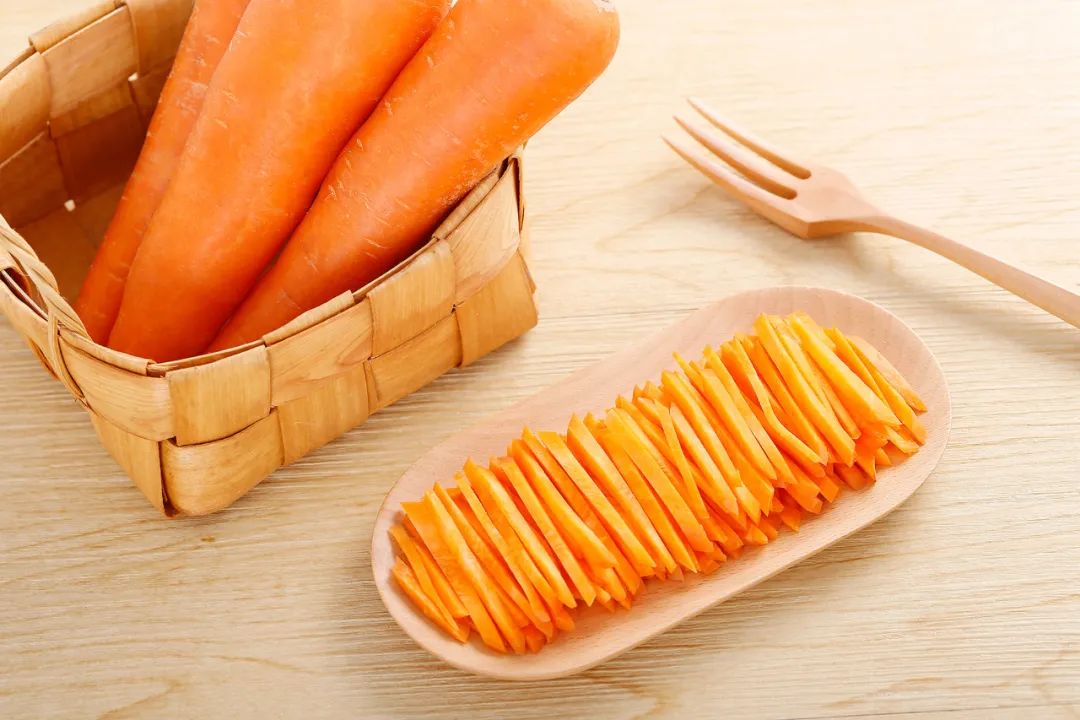 Carrots, also known as red carrots, are referred to as ginseng by the Japanese. They contain vitamins B and C, and a special nutrient called carotene, which is very beneficial for blood nourishment. Therefore, making soup with carrots is an excellent blood-nourishing drink. Experts say that blood-nourishing foods containing iron and carotene are the best. 6. Tomato
Carrots, also known as red carrots, are referred to as ginseng by the Japanese. They contain vitamins B and C, and a special nutrient called carotene, which is very beneficial for blood nourishment. Therefore, making soup with carrots is an excellent blood-nourishing drink. Experts say that blood-nourishing foods containing iron and carotene are the best. 6. Tomato 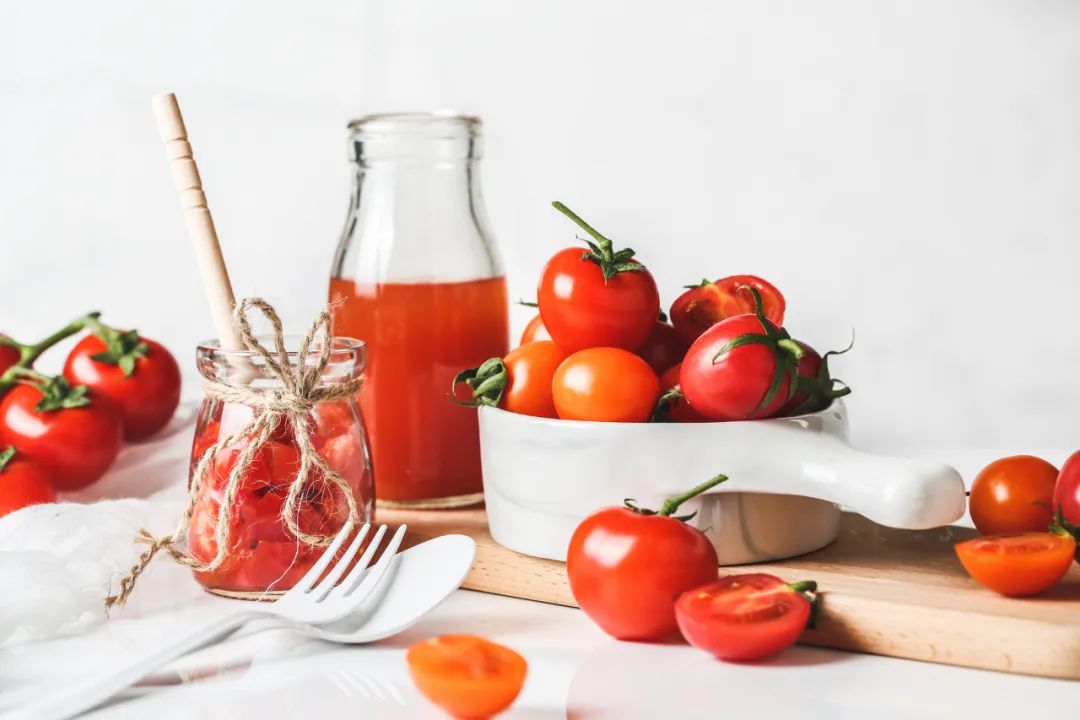 Tomatoes are bright red and rich in carotene, vitamin C, and B vitamins. Tomatoes have a sweet and sour taste, are cool in nature, and slightly cold. They can clear heat and quench thirst, nourish yin, cool the blood, and enter the liver, stomach, and lung meridians. They have the effects of generating fluids and quenching thirst, strengthening the stomach and aiding digestion, clearing heat and detoxifying, cooling the blood and calming the liver, nourishing and enriching the blood, and enhancing appetite. 7. Red Mushroom
Tomatoes are bright red and rich in carotene, vitamin C, and B vitamins. Tomatoes have a sweet and sour taste, are cool in nature, and slightly cold. They can clear heat and quench thirst, nourish yin, cool the blood, and enter the liver, stomach, and lung meridians. They have the effects of generating fluids and quenching thirst, strengthening the stomach and aiding digestion, clearing heat and detoxifying, cooling the blood and calming the liver, nourishing and enriching the blood, and enhancing appetite. 7. Red Mushroom 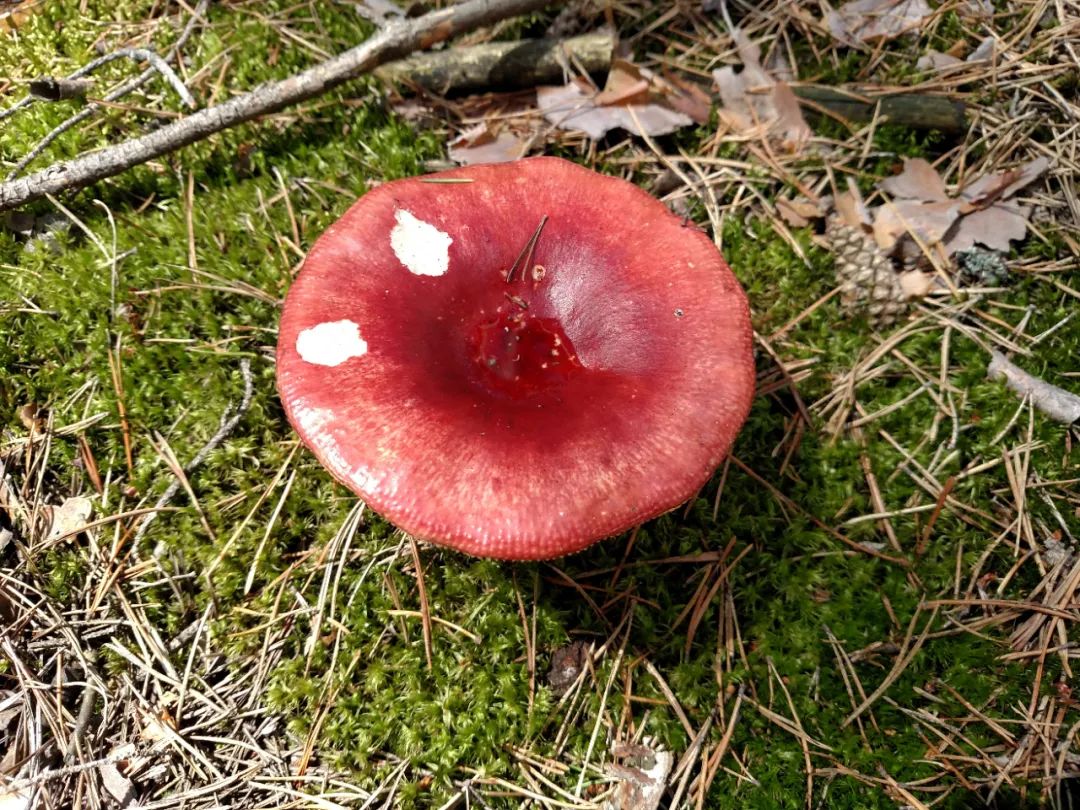 Red mushrooms are precious wild edible fungi, containing amino acids, vitamins B, D, E, and other essential components for the human body. They have calming and blood-nourishing properties, making them particularly suitable for postpartum women and those with anemia. Their taste is unmatched by any other mushroom, and consuming them can enhance the body’s immunity, with remarkable blood-nourishing and anti-tumor effects. 8. Red Bean
Red mushrooms are precious wild edible fungi, containing amino acids, vitamins B, D, E, and other essential components for the human body. They have calming and blood-nourishing properties, making them particularly suitable for postpartum women and those with anemia. Their taste is unmatched by any other mushroom, and consuming them can enhance the body’s immunity, with remarkable blood-nourishing and anti-tumor effects. 8. Red Bean 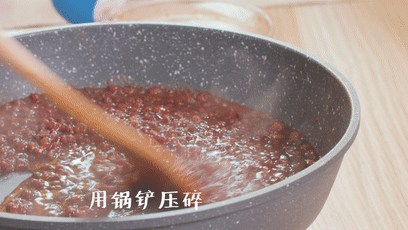 Red beans nourish qi and blood and can also reduce water retention. Red beans can eliminate water retention and lower blood fat, making them a good food for weight loss. They contain about 9.8mg of iron per 100g. 9. Black Fungus
Red beans nourish qi and blood and can also reduce water retention. Red beans can eliminate water retention and lower blood fat, making them a good food for weight loss. They contain about 9.8mg of iron per 100g. 9. Black Fungus 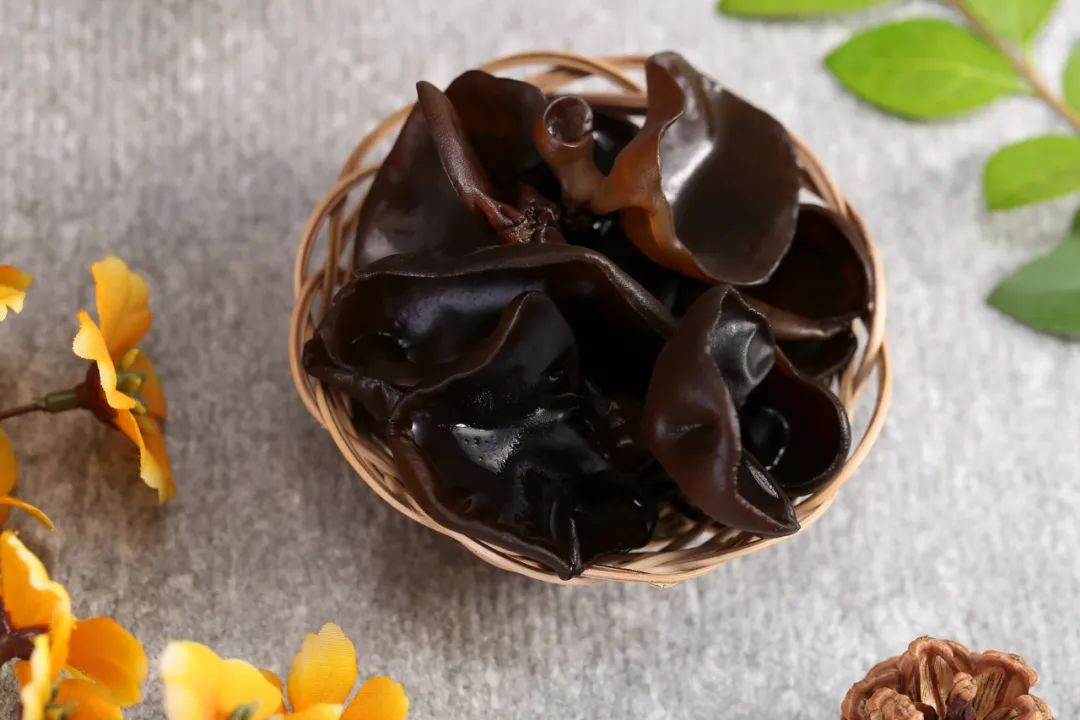 Black fungus is low in calories and high in fiber, making it a quality ingredient for weight loss. It contains about 1.1mg of iron per 100g, and in addition to nourishing blood, its rich fiber and gelatin can promote intestinal peristalsis, increase satiety, and is a good ingredient for healthy weight loss. 10. Sugarcane
Black fungus is low in calories and high in fiber, making it a quality ingredient for weight loss. It contains about 1.1mg of iron per 100g, and in addition to nourishing blood, its rich fiber and gelatin can promote intestinal peristalsis, increase satiety, and is a good ingredient for healthy weight loss. 10. Sugarcane 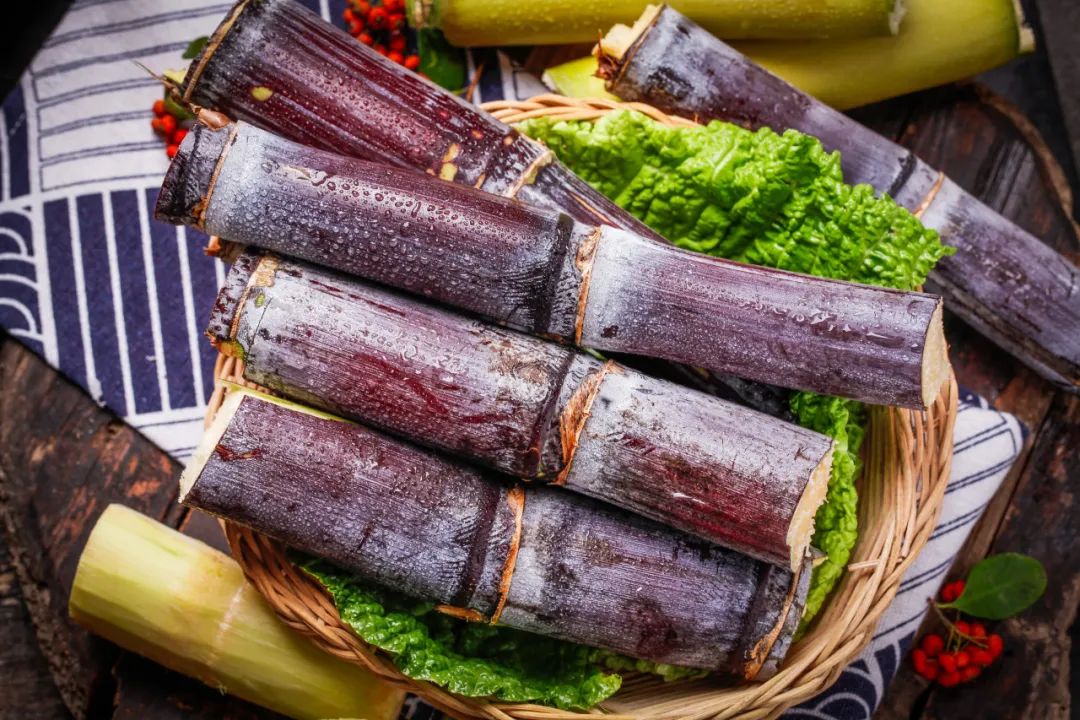 Sugarcane is one of the favorite winter fruits, containing a large amount of iron, calcium, zinc, and other essential trace elements, with a particularly high iron content of up to 9mg per kilogram, making it known as the “blood-nourishing fruit.”11. Grapes
Sugarcane is one of the favorite winter fruits, containing a large amount of iron, calcium, zinc, and other essential trace elements, with a particularly high iron content of up to 9mg per kilogram, making it known as the “blood-nourishing fruit.”11. Grapes 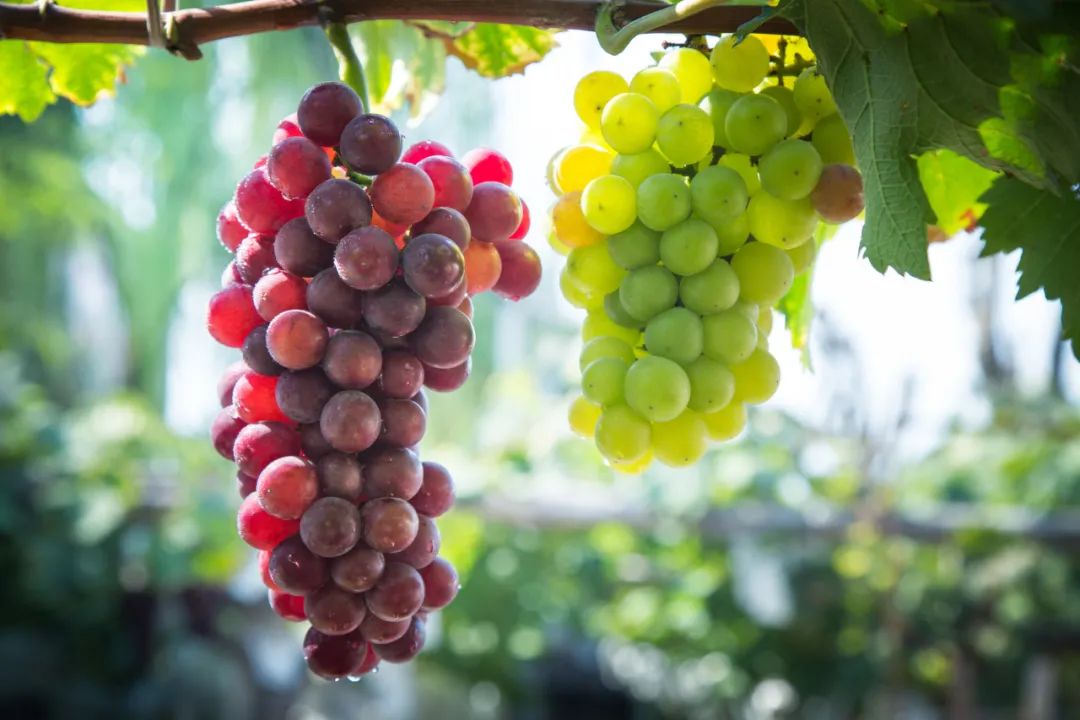 Grapes are neutral in nature and have a sweet and sour taste, with the ability to nourish qi and blood and strengthen bones. Throughout history, traditional Chinese medicine has regarded them as excellent blood-nourishing products. Grapes contain a large amount of glucose, which has a nourishing effect on the myocardium, and due to their relatively high content of calcium, phosphorus, and iron, along with various vitamins and amino acids, they are a nourishing product for the elderly, women, and those with weak anemia, providing good nourishment for anemia and excessive fatigue. 12. Cherries
Grapes are neutral in nature and have a sweet and sour taste, with the ability to nourish qi and blood and strengthen bones. Throughout history, traditional Chinese medicine has regarded them as excellent blood-nourishing products. Grapes contain a large amount of glucose, which has a nourishing effect on the myocardium, and due to their relatively high content of calcium, phosphorus, and iron, along with various vitamins and amino acids, they are a nourishing product for the elderly, women, and those with weak anemia, providing good nourishment for anemia and excessive fatigue. 12. Cherries 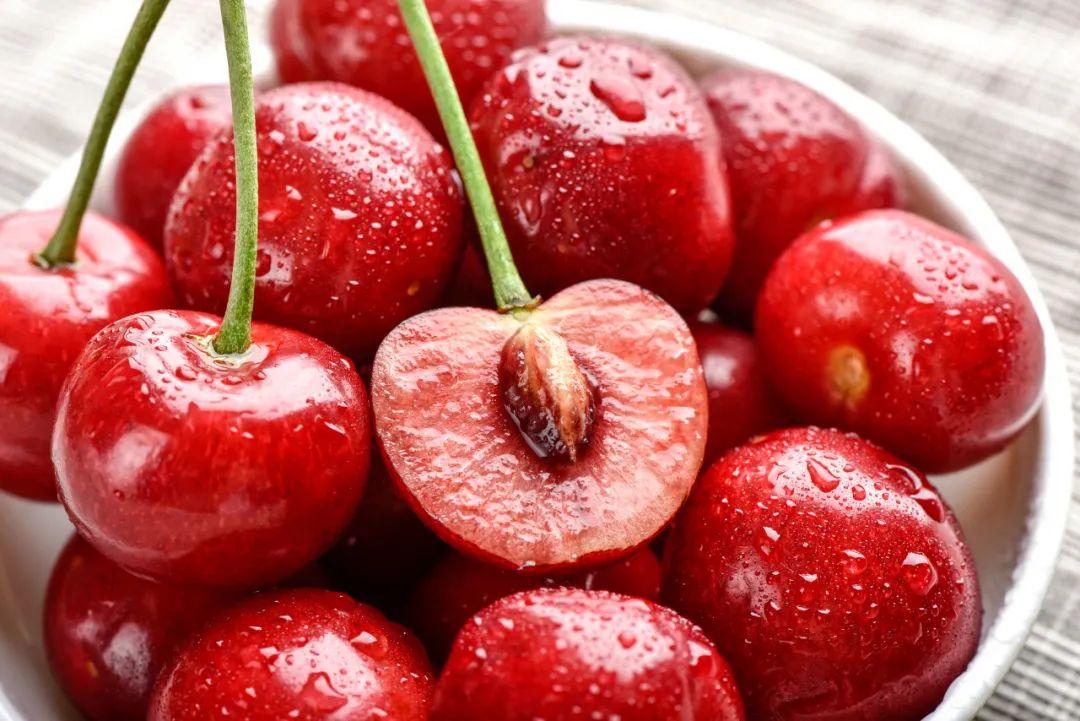 Cherries are one of the best blood-nourishing foods, with the ability to nourish blood and regulate qi: cherries are rich in vitamin C, iron, and carotene, and also contain high levels of organic acids, minerals, and potassium, making them the best nourishing product for blood and beauty, effectively resisting the formation of melanin, making the skin tender and smooth, and improving complexion. 13. Goji Berries
Cherries are one of the best blood-nourishing foods, with the ability to nourish blood and regulate qi: cherries are rich in vitamin C, iron, and carotene, and also contain high levels of organic acids, minerals, and potassium, making them the best nourishing product for blood and beauty, effectively resisting the formation of melanin, making the skin tender and smooth, and improving complexion. 13. Goji Berries 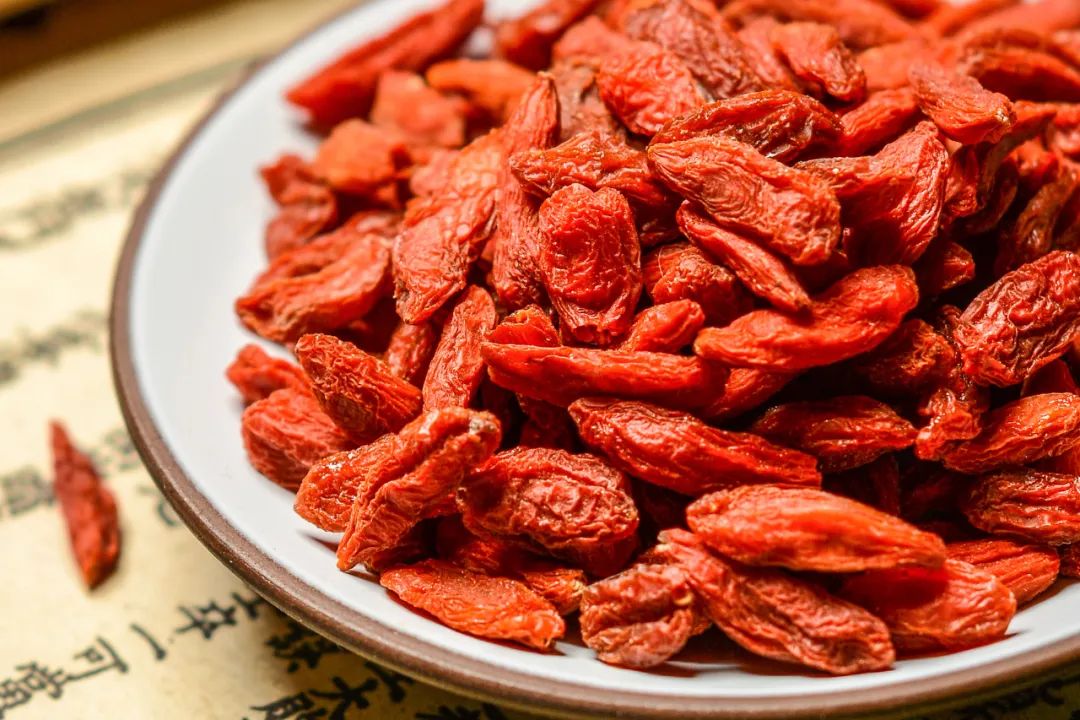 Goji berries can be used in dishes to relieve hunger, treat diseases, and promote health. Goji berries are not just medicinal materials; more and more people are incorporating them into their dishes for flavor and health benefits. Each 100g of goji berries contains up to 14.6mg of iron, as well as various essential amino acids, copper, zinc, and other trace elements. In addition to nourishing blood, they can also enhance immune function and strengthen disease resistance! 14. Dried Mulberries
Goji berries can be used in dishes to relieve hunger, treat diseases, and promote health. Goji berries are not just medicinal materials; more and more people are incorporating them into their dishes for flavor and health benefits. Each 100g of goji berries contains up to 14.6mg of iron, as well as various essential amino acids, copper, zinc, and other trace elements. In addition to nourishing blood, they can also enhance immune function and strengthen disease resistance! 14. Dried Mulberries 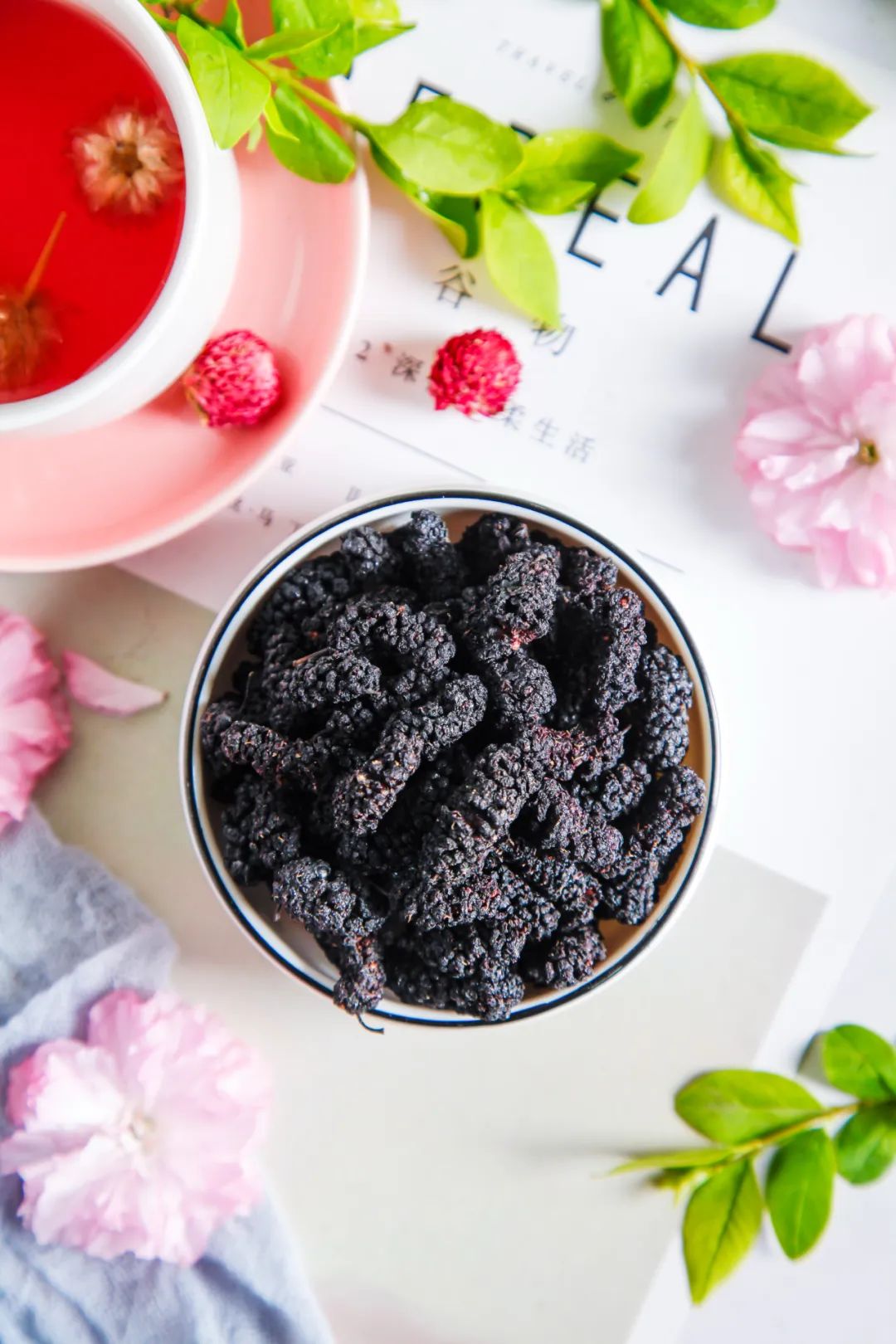 Dried mulberries are currently the richest in natural iron among fruits and their products, containing 42.5mg of iron per 100g, earning them the title of “blood-nourishing fruit”. It is generally recommended to cook dried mulberries in porridge; eating a bowl of mulberry porridge daily can not only nourish blood but also beautify the skin, but pregnant women should use it with caution. 15. Longan Meat
Dried mulberries are currently the richest in natural iron among fruits and their products, containing 42.5mg of iron per 100g, earning them the title of “blood-nourishing fruit”. It is generally recommended to cook dried mulberries in porridge; eating a bowl of mulberry porridge daily can not only nourish blood but also beautify the skin, but pregnant women should use it with caution. 15. Longan Meat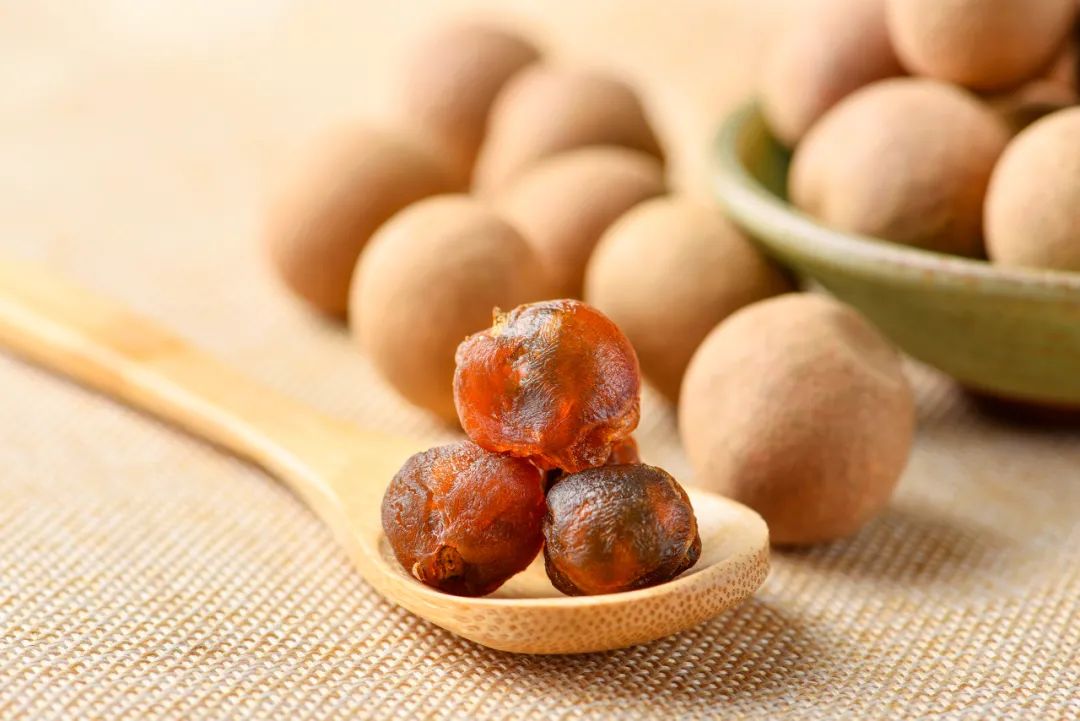 Each 100g of longan meat contains about 3.9mg of iron, which is relatively rich among fruits and can be used in dietary therapy for anemia, generally suitable for soups and porridge. However, longan meat is a warm food and is not suitable for children. 16. Red Dates
Each 100g of longan meat contains about 3.9mg of iron, which is relatively rich among fruits and can be used in dietary therapy for anemia, generally suitable for soups and porridge. However, longan meat is a warm food and is not suitable for children. 16. Red Dates 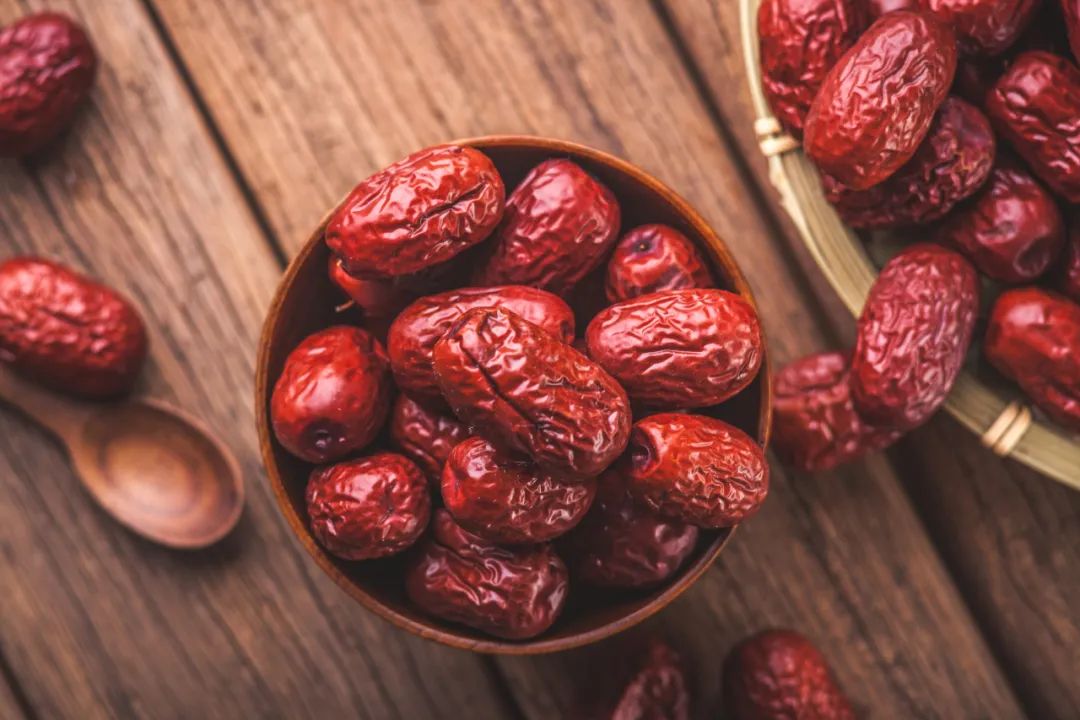 Red dates are rich in protein, fat, sugars, carotene, vitamins B, C, P, and phosphorus, calcium, and iron, earning them the nickname “vitamin pills” and have strong anti-allergic properties. Red dates contain adenosine monophosphate, which can enhance muscle strength, eliminate fatigue, dilate blood vessels, increase myocardial contractility, and improve myocardial nutrition, having a good effect on preventing and treating cardiovascular diseases. Red dates can nourish deficiency, benefit qi, nourish blood, calm the mind, and strengthen the spleen and stomach, making them an excellent health product for those with spleen and stomach deficiency, insufficient qi and blood, fatigue, and insomnia. They also have good therapeutic effects on acute and chronic hepatitis, cirrhosis, and anemia. Therefore, red dates are a very good blood-nourishing fruit. 17. Black Dates Dried
Red dates are rich in protein, fat, sugars, carotene, vitamins B, C, P, and phosphorus, calcium, and iron, earning them the nickname “vitamin pills” and have strong anti-allergic properties. Red dates contain adenosine monophosphate, which can enhance muscle strength, eliminate fatigue, dilate blood vessels, increase myocardial contractility, and improve myocardial nutrition, having a good effect on preventing and treating cardiovascular diseases. Red dates can nourish deficiency, benefit qi, nourish blood, calm the mind, and strengthen the spleen and stomach, making them an excellent health product for those with spleen and stomach deficiency, insufficient qi and blood, fatigue, and insomnia. They also have good therapeutic effects on acute and chronic hepatitis, cirrhosis, and anemia. Therefore, red dates are a very good blood-nourishing fruit. 17. Black Dates Dried 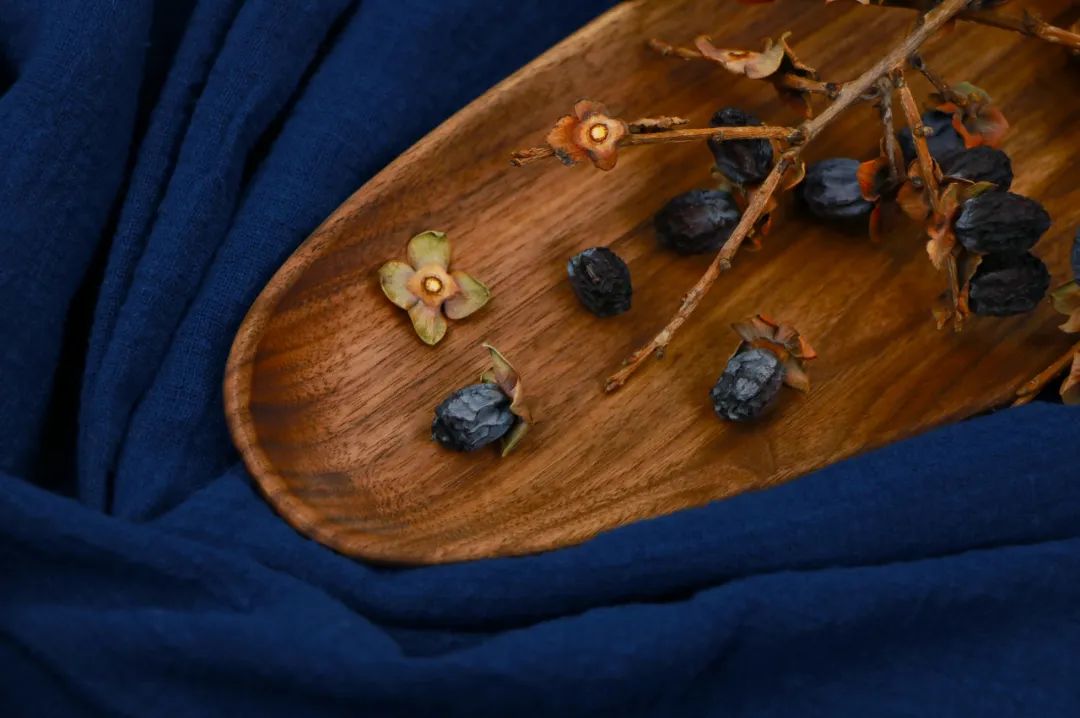 Among blood-nourishing dates, black dates and honey dates are the most revered, containing about 3.7 to 3.9mg of iron per 100g, making them excellent blood-nourishing foods. Dried dates also contain rich vitamin C, which is an important factor in promoting the absorption of iron ions, making the body’s absorption rate of iron much more effective. However, dried dates are high in dietary fiber, which is not conducive to digestion, so they should not be consumed in excess daily, and it is best to use them in soups or porridge. 18. Walnuts:
Among blood-nourishing dates, black dates and honey dates are the most revered, containing about 3.7 to 3.9mg of iron per 100g, making them excellent blood-nourishing foods. Dried dates also contain rich vitamin C, which is an important factor in promoting the absorption of iron ions, making the body’s absorption rate of iron much more effective. However, dried dates are high in dietary fiber, which is not conducive to digestion, so they should not be consumed in excess daily, and it is best to use them in soups or porridge. 18. Walnuts: 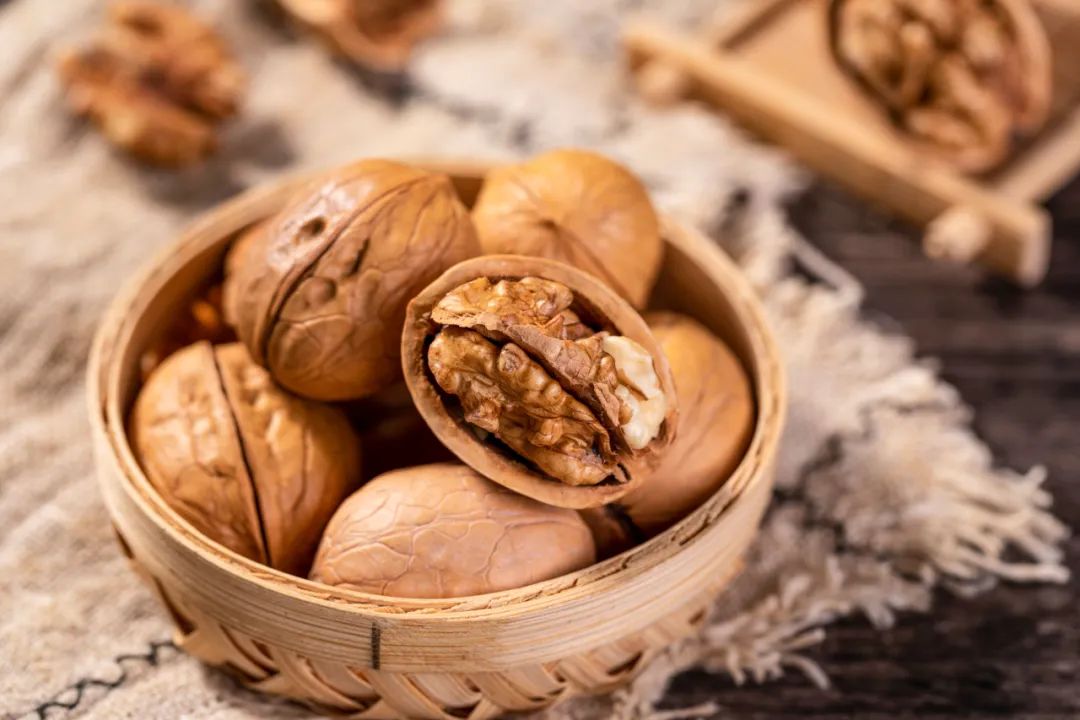 Traditional Chinese medicine believes that walnuts are warm in nature, sweet in taste, and non-toxic, with effects of strengthening the stomach, nourishing blood, moistening the lungs, and calming the mind. The “Shennong Bencao Jing” lists walnuts as a top-grade food for longevity and vitality. The Tang Dynasty’s Meng Shen wrote in the “Food Therapy Bencao” that eating walnut kernels can stimulate appetite, promote blood circulation, and refine the flesh and bones. They can be considered excellent blood-nourishing products. 19. Peanuts
Traditional Chinese medicine believes that walnuts are warm in nature, sweet in taste, and non-toxic, with effects of strengthening the stomach, nourishing blood, moistening the lungs, and calming the mind. The “Shennong Bencao Jing” lists walnuts as a top-grade food for longevity and vitality. The Tang Dynasty’s Meng Shen wrote in the “Food Therapy Bencao” that eating walnut kernels can stimulate appetite, promote blood circulation, and refine the flesh and bones. They can be considered excellent blood-nourishing products. 19. Peanuts 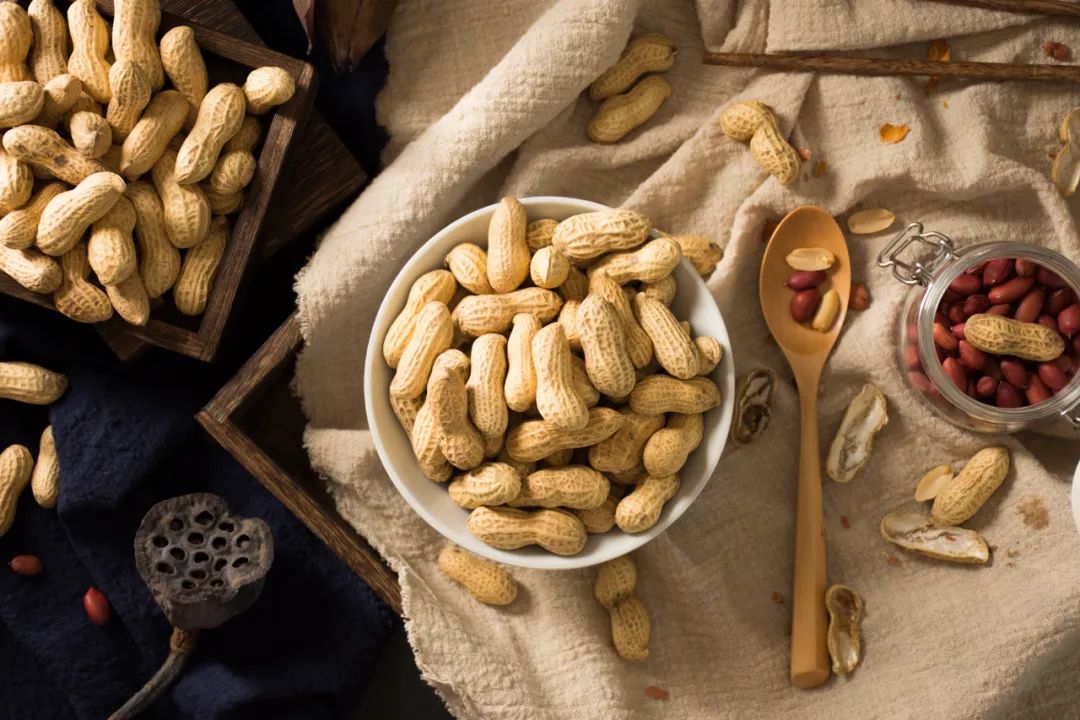 Peanut skins have functions of stopping bleeding and reducing swelling. They are used for hemophilia, pseudohemophilia, primary and secondary thrombocytopenic purpura, bleeding due to liver disease, postoperative bleeding, cancer-related bleeding, and bleeding from the stomach, intestines, lungs, and uterus. Peanut skin and red date soup: Soak 100g of peanuts in warm water, then take the peanut skins and boil them with 10 red dates in a pot, using the water from soaking the peanuts, simmering for about half an hour, and adding an appropriate amount of brown sugar to complete. Drink this soup three times a day, eating the dates as well. This recipe has blood-nourishing effects. 20. Astragalus
Peanut skins have functions of stopping bleeding and reducing swelling. They are used for hemophilia, pseudohemophilia, primary and secondary thrombocytopenic purpura, bleeding due to liver disease, postoperative bleeding, cancer-related bleeding, and bleeding from the stomach, intestines, lungs, and uterus. Peanut skin and red date soup: Soak 100g of peanuts in warm water, then take the peanut skins and boil them with 10 red dates in a pot, using the water from soaking the peanuts, simmering for about half an hour, and adding an appropriate amount of brown sugar to complete. Drink this soup three times a day, eating the dates as well. This recipe has blood-nourishing effects. 20. Astragalus 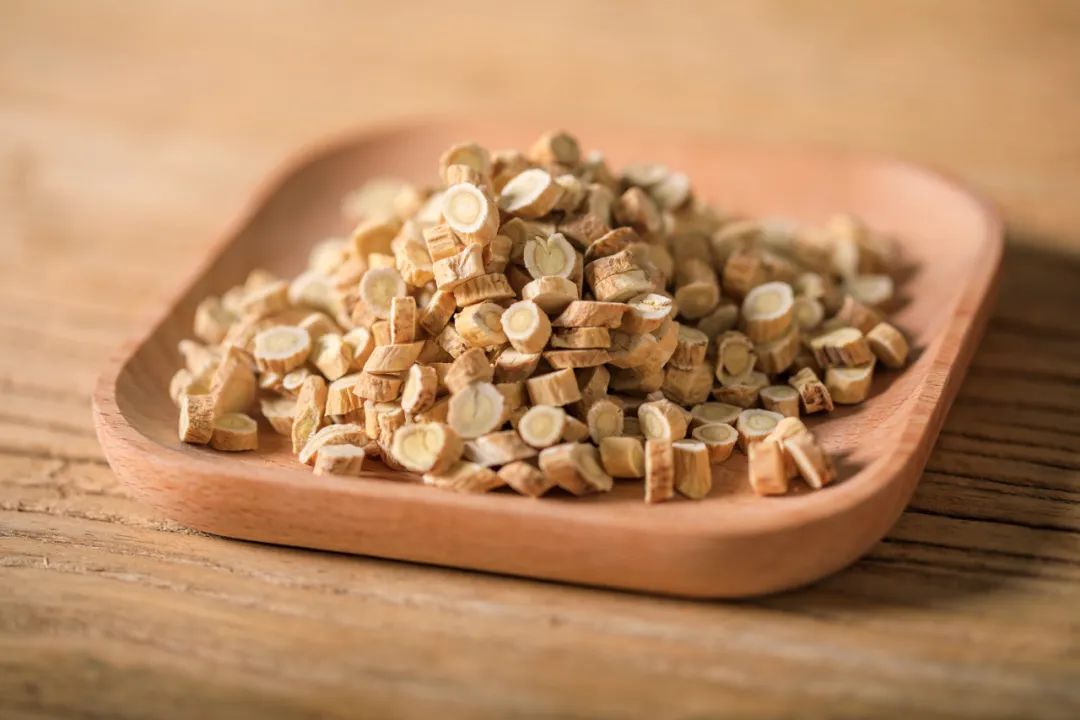 Astragalus has a sweet taste, is slightly warm, has a thin qi but rich flavor, can both rise and fall, is the yang among yangs, and is non-toxic. It specializes in tonifying qi. It enters the Taiyin hand, Taiyin foot, and Shaoyin hand meridians. Its functions are numerous, but its unique effect is in nourishing blood. “Astragalus is the holy medicine for tonifying qi; how can it uniquely nourish blood? Qi is formless, while blood is tangible. Tangible cannot be quickly generated; it must rely on formless qi to produce it. Astragalus used in conjunction with Angelica (Dang Gui) can certainly assist in blood generation. Angelica itself can generate blood; why use Astragalus? It is not known that blood-nourishing medicines generate blood slowly, while qi-nourishing medicines generate blood quickly. Moreover, when qi-nourishing and blood-nourishing medicines are combined, blood receives qi and is generated quickly, so there is no doubt about it.”
Astragalus has a sweet taste, is slightly warm, has a thin qi but rich flavor, can both rise and fall, is the yang among yangs, and is non-toxic. It specializes in tonifying qi. It enters the Taiyin hand, Taiyin foot, and Shaoyin hand meridians. Its functions are numerous, but its unique effect is in nourishing blood. “Astragalus is the holy medicine for tonifying qi; how can it uniquely nourish blood? Qi is formless, while blood is tangible. Tangible cannot be quickly generated; it must rely on formless qi to produce it. Astragalus used in conjunction with Angelica (Dang Gui) can certainly assist in blood generation. Angelica itself can generate blood; why use Astragalus? It is not known that blood-nourishing medicines generate blood slowly, while qi-nourishing medicines generate blood quickly. Moreover, when qi-nourishing and blood-nourishing medicines are combined, blood receives qi and is generated quickly, so there is no doubt about it.”
